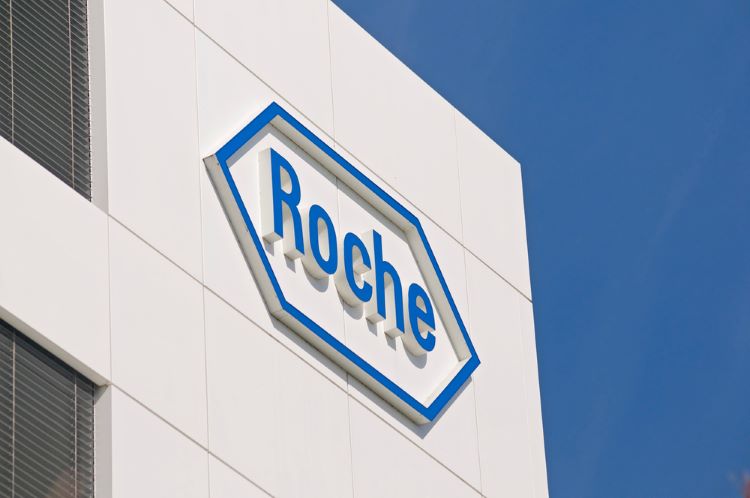Roche cancer immunotherapy receives new EU approval
Posted: 16 January 2024 | | No comments yet
The subcutaneous injection of the novel cancer immunotherapy Tecentriq® (atezolizumab) could provide a quicker alternative to intravenous infusion, research shows.


Credit: Marlon Trottmann / Shutterstock.com
The European Commission (EC) has approved the EU’s first PD-(L)1 cancer immunotherapy for subcutaneous injection. Roche’s Tecentriq® (atezolizumab) was first approved in Great Britain in August 2023.
Compared with standard intravenous (IV) delivery, Roche stated that its monoclonal antibody biologic shortens treatment time by approximately 80 percent. This is according to findings from a Phase III study of atezolizumab comparing subcutaneous versus intravenous administration. These data were presented at European Society for Medical Oncology (ESMO) in October 2023.
Having previously been administered via IV infusion, which takes approximately 30-60 minutes, the new subcutaneous injection means administration takes approximately seven minutes, with the average injection only taking between four and eight minutes, based on data presented at ESMO 2023.
Roche’s Tecentriq SC (atezolizumab)
Tecentriq binds to the programmed death ligand-1 (PD-L1) protein and blocks its interactions with both PD-1 and B7.1 receptors. Through its inhibition of PD-L1, Tecentriq may facilitate T-cell activation, Roche noted.
Fundamentally, this administration approach “provides more flexibility to patients, while also helping to free up resources in constrained healthcare systems,” Dr Levi Garraway, PhD, Roche’s Chief Medical Officer and Head of Global Product Development emphasised.
The company also highlighted that the intravenous (IV) infusion of Tecentriq was the first cancer immunotherapy approved for certain early-stage (adjuvant) NSCLCs, small cell lung cancer (SCLC) and hepatocellular carcinoma (HCC).
What led to the marketing approval
The marketing authorisation from the EC for this indication is based on pivotal data from the Phase IB/III IMscin001 study. This study evaluated patients with locally advanced or metastatic non-small cell lung cancer (NSCLC), who had experienced previous failed platinum therapy.
The findings showed comparable levels of Tecentriq in the blood, when administered subcutaneously, and that this formulation held a safety and efficacy profile consistent with the intravenous (IV) formulation, according to Roche.
Additionally, the overall response and survival rates, as well as progression-free survival and duration of response, were found to be similar between the subcutaneously and intravenously-treated patients.
“The availability of a subcutaneous cancer immunotherapy option that can… allow for treatment outside of a hospital will undoubtedly make a significant difference to patients and their loved ones,” Dr Enriqueta Felip, Head of the Thoracic Cancer Unit of Vall d’Hebron Hospital, Spain highlighted.
Related topics
Anti-Cancer Therapeutics, Biologics, Biopharmaceuticals, business news, Clinical Development, Clinical Trials, Drug Delivery Systems, Drug Development, Drug Safety, Immunotherapy, Regulation & Legislation, Research & Development (R&D), Therapeutics
Related organisations
Related drugs
Related people
Related diseases & conditions
Cancer, hepatocellular carcinoma (HCC), non-small cell lung cancer (NSCLC), small cell lung cancer (SCLC)









